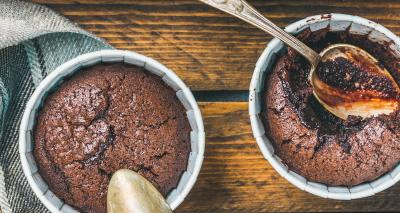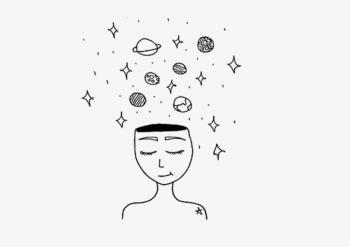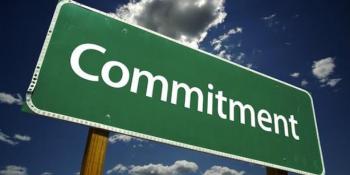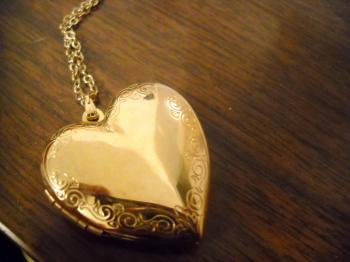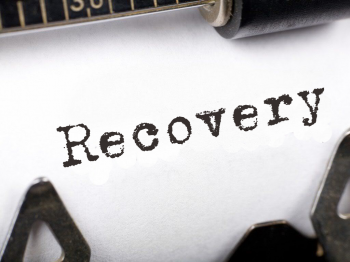Users Who Spiked

DIET CULTURE
Private Notes
Private Notes
Notes
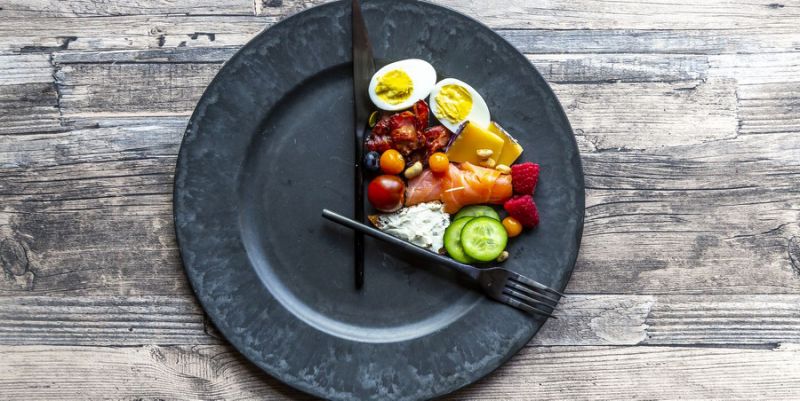
Since I was little, I have watched the immense lists, developments, and recycling and diets grow. I remember studying and memorizing the food pyramid and being reintroduced to a new food pyramid years later. Elementary school had me and my class watch the infamous movie Supersize Me pretty darn often. There were the simple things, like being vegetarian, vegan, or pescatarian. Then I read about fruitarians, eating only raw foods, and extensive articles on other diet fads like the military diet.
There are diets out there that mean no harm. But then there are the fad diets. The diets that declare empty promises. Weather that's losing x amount of pounds in x amount of days, or promising some kind of accomplished well being, changed life, and uplifted spirits.
Now, since I was little, I've tried probably all the weirdest and most ridiculous diets out there. Amidst a mixture of disliking my body and also just out of sheer curiosity of if a diet would deliver on crazy promises. I viewed it as a little science experiment and hoped for it to deliver. And I'll say, many of them did actually deliver (surprise, surprise) and then the results fade away. Because of these fad diets are not sustainable. You lose pounds and eat one wrong thing and you bloat up even more with water gain and regret.
Diet culture talk is just promoting directing hate and disapproval to a body and putting unsustainable diets on a pedestal. Though it's a double-edged sword, because through talking and putting down one's own body, it effects everyone around them as they reflect on their own body, and if itself is not approving for whatever the heck societal standards are, or if they aren't 'skinny enough', if they need to lose some weight…be more fit…reflecting inadequacy on themselves. A giant choo choo train of disapproval gets built and fueled by negative words and criticism.
Diet culture tells us that losing weight is a great thing and it is the only great thing; it is the ultimate goal. No matter what you weigh, how you look, or where you are at, losing weight is always the best outcome to any situation. It's unfortunate that a highly sought after compliment is "you've lost weight!" when losing weight is not always tied to working out and eating well, but also to fad diets, pills and laxatives and eating disorders, or illness. In fact, "you've lost weight" shouldn't even be viewed as just a compliment, because let me tell you, that sentence can hurt, too. Why can't we compliment others on something more than a sentence that questionably guesses that the number on the weigh scale has gone dramatically down? What about "you look healthy", 'you look happy", or "nice outfit"? As the compliment on losing weight gets thrown around and replied with smiles and "thank you's" a child could be watching and registering at such a young age that this compliment is something to be sought after. I believed it was something to chase when I was in the sixth grade. I'd wanted to start losing weight as soon as I heard my friends mom, during a playdate of ours, talk about her diet, and surprisingly she was forcing it upon my friend and her daughter.
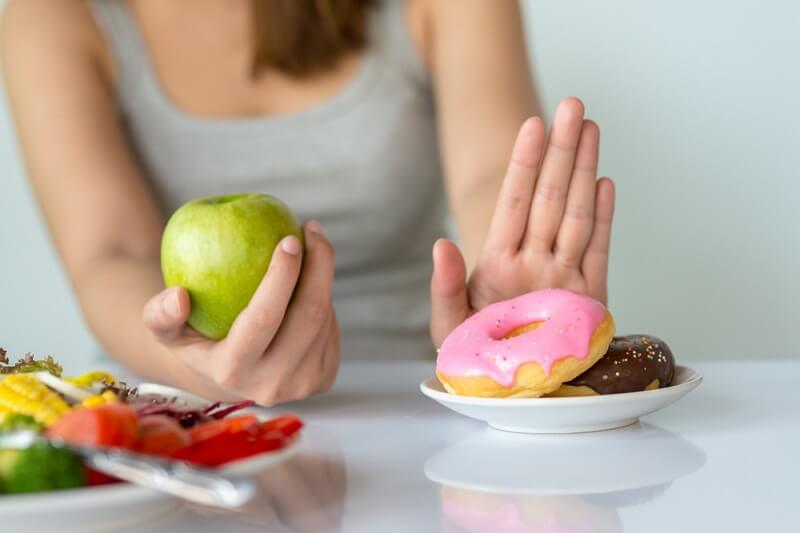
I've heard it a lot with adults, labeling foods as 'bad' and 'good' foods. Cake is bad. Chocolate is bad. Bread is bad. Good is vegetables. Good is sparkling water. Good is sugar-free gum and diet coke. Good is fake low-calorie foods. The chocolate cake and ice cream was always labeled as bad, even though in my twelve year-old eyes it had to have been good because it made me feel good, but you come to learn early on that with diet culture the 'good' foods are the one's that suck going down the most, like apple cider vinegar and cayenne shots.
There's nothing wrong with dieting or apple cider vinegar. Quite frankly, I adore apple cider vinegar, but I don't limit myself to just that and veggies. There's nothing wrong with chasing after being healthy, more active, or more aware of what you are putting in your body. There is something wrong with labeling foods with black and white connotations and believing weight loss is the ultimate goal and the only one to seek after when following a diet. 'Guilty' foods don't deserve such a label just because they have a high carb or calorie count. Eating one piece of chocolate cake won't make you fat. And hell, eating a whole jar of peanut butter won't do that you either.
It's been a long stretch of a journey for me to repair my severed and battered relationship with food after plenty of dangerous diets and dieting techniques. I've noticed once you label one food bad it continues to the masses. Once you exclude one food from your diet out of fear, it'll spread irrationally to other groups of foods. When eating four spoonful's of peanut butter send you off in tears, there is a problem. If you can fill a bible with diets, or hell, even a regular journal, then re-check yourself and your motives. Watch your words around others. Stop openly and verbally hating your body, and stop hating your body alone. Diet culture teaches us all the wrong things, all the wrong desires, and all the wrong ways to live our lives to feel happy or sexy or healthy.
Generally, I think we should leave behind all the judgements or 'skinny' words. I still order a salad with dressing on the side, or eat less than others when going out. Going out to eat still gives me anxiety much of the time, and I usually do need to feel 'prepared' and study a restaurants menu a few days before heading to it. I think everyone's body is beautiful, and have hated mine at it's lowest and highest weight. When other's compliment me on being skinny, or fit, or decide it's not weird at all to comment on my choice of food at a restaurant or lack thereof of a full meal like they have gotten, it actually does hurt. Why are we complimenting others on the weight they have seemed to lose?
Leave diet culture behind and focus on being healthy, and feeling healthy, and accepting yourself without making comparisons. I cannot explain how tired I am of how far diet culture has followed and prevailed in my life.





















